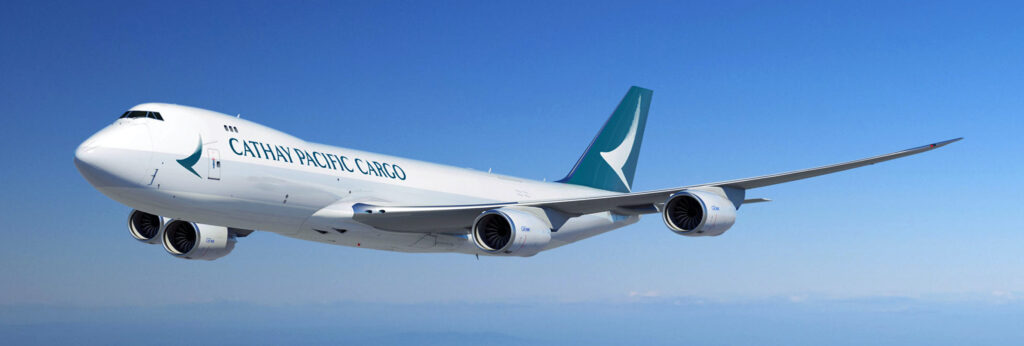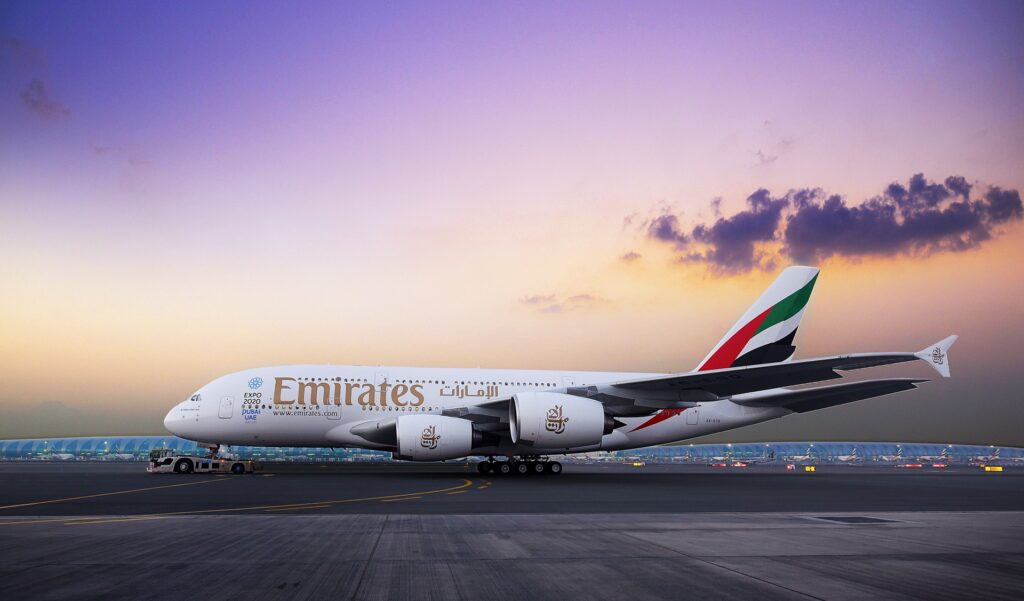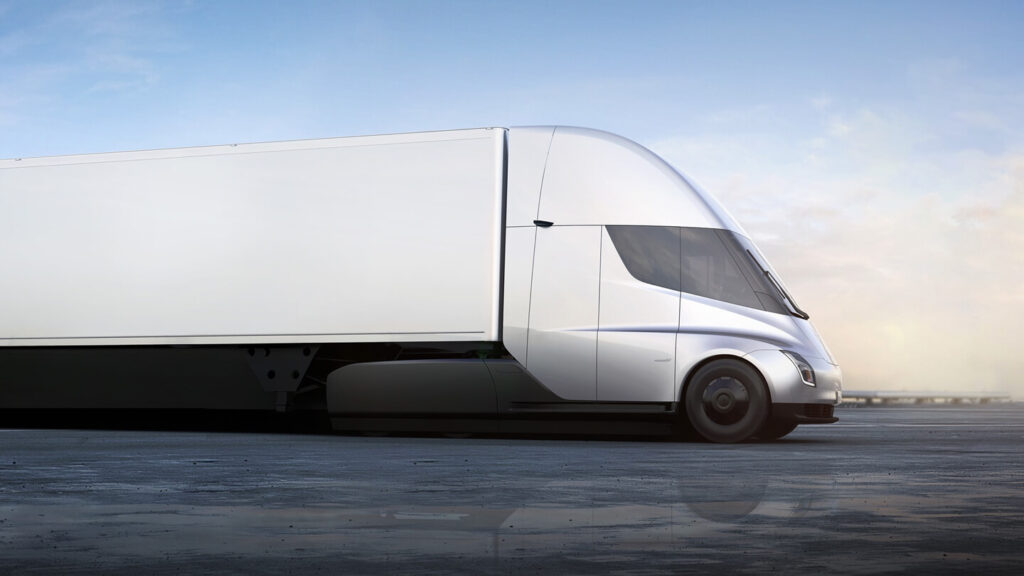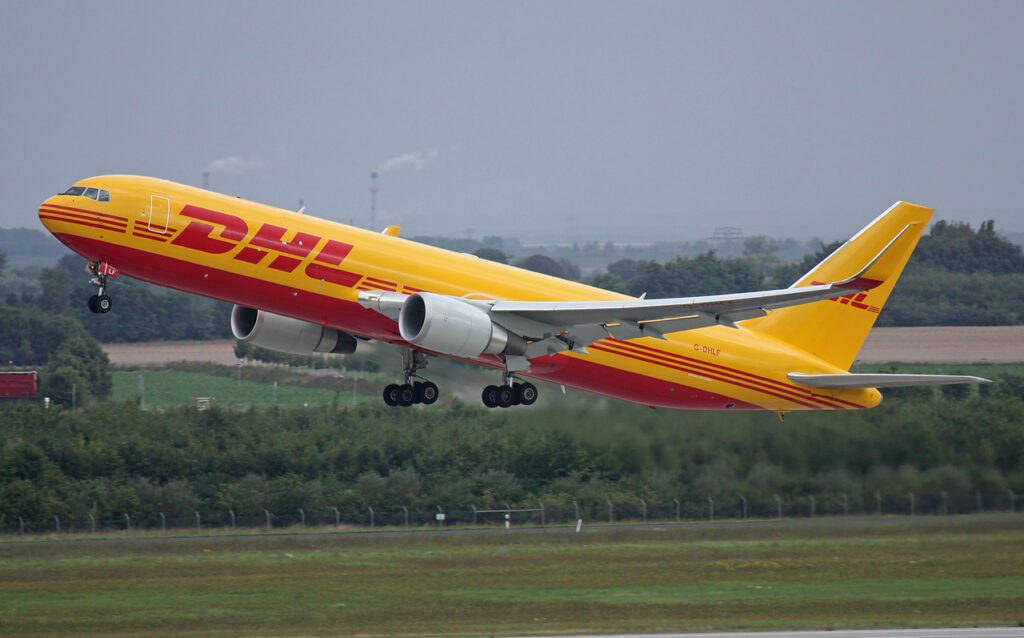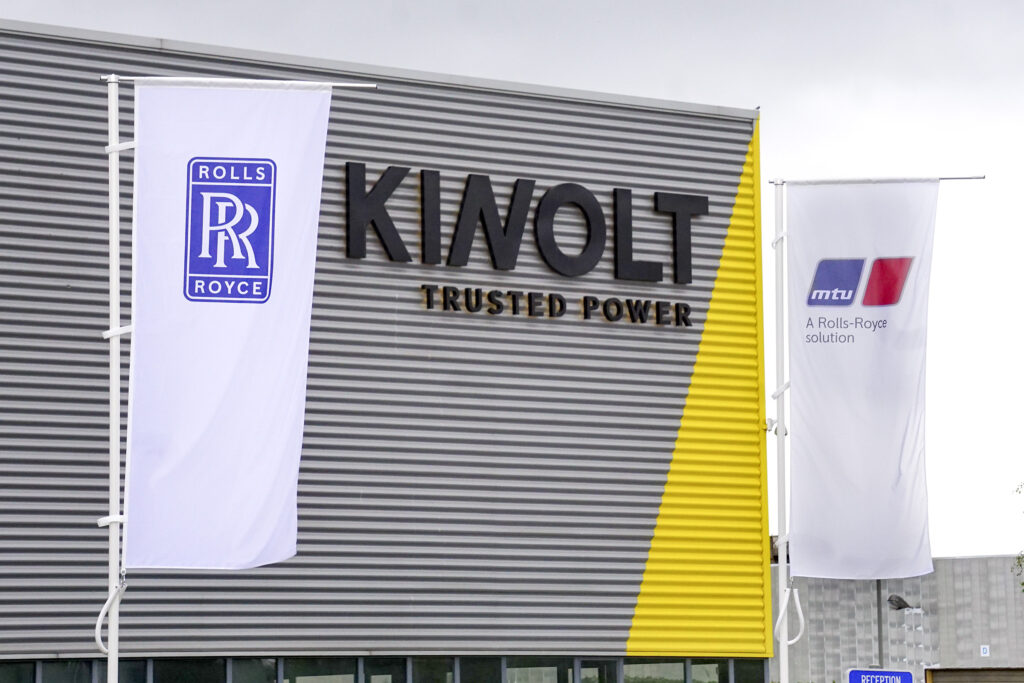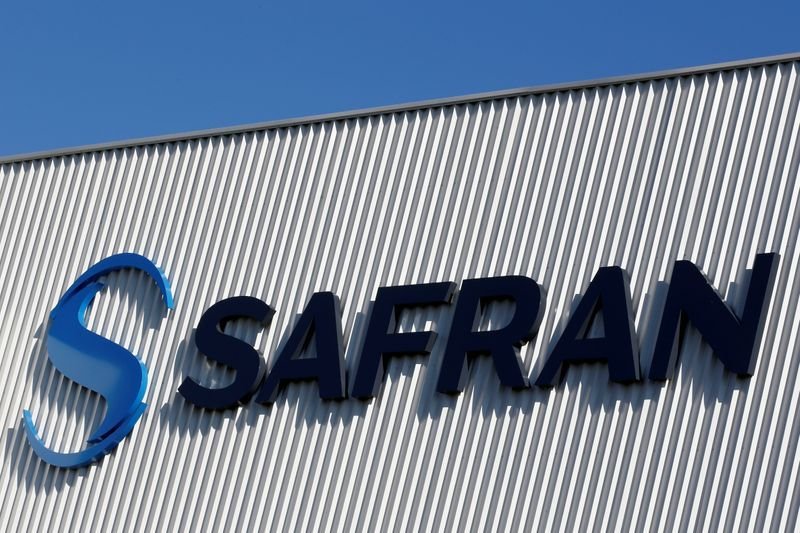Cathay Pacific Posts Record $1.27 Billion First Half Loss
Cathay Pacific aircraft are seen parked on the tarmac at the airport, following the outbreak of the new coronavirus, in Hong Kong SYDNEY (Reuters) - Hong Kong's Cathay Pacific Airways Ltd reported a record HK$9.87…
